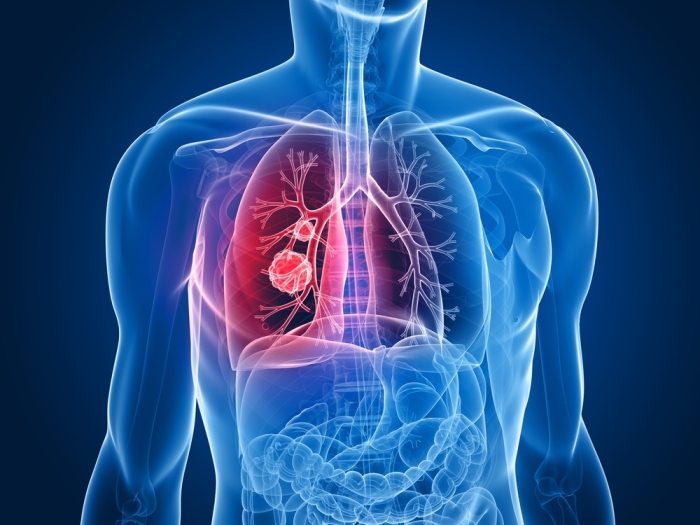7 Signs Of Lung Cancer You Should Never Ignore
Did you know that lung cancer is one of the most common types of cancers among men and women worldwide? 1 in 14 men and women in the U.S. will be diagnosed with lung cancer at some point in their lives, and in the U.S., lung cancer surpasses breast cancer as the most common cause of cancer-related deaths in women.
There are a number of risk factors you can try to avoid, like smoking, being exposed to second hand smoke, air pollution, radon gas, and other factors. Sometimes it is hereditary, which means there’s not much you can do to avoid it.
And there are some clear signs that you may be developing lung cancer that you won’t want to ignore:
- Persistent cough is usually the first sign. With a cold, your cough will persist for a couple weeks, but if it continues longer, see your doctor. If you smoke, having a chronic cough or any changes in the way you cough, like a deeper cough, coughing more frequently, or coughing up blood is a possible sign of cancer.
- Shortness of breath while doing a simple task you’d done easily in the past is also a symptom of lung cancer. It occurs when tumors block or narrow airways or if fluid builds in the chest.
- Chest pain in the shoulder or back, as well as bone pain, can be a sign of cancer as well. Don’t ignore it if it doesn’t go away in short order.
- Feeling a wheeze coming from your lungs when you breathe? It could be asthma or allergies, but see a doctor anyway.
- Changes in your voice, like suddenly being deeper and hoarser can be a simple cold, but see a doctor if it persists.
- Frequent chest infections like bronchitis and pneumonia that don’t go away or keep coming back can be another sign of overall poor lung health, or cancer.
- Weight loss, fatigue, no appetite and weakness are pretty non-specific symptoms overall, but each of them, when persisting, can be a sign of cancer.
Additionally, there are things you can do to reduce your chances of getting cancer:
- If you smoke, quit. If you haven’t started, don’t.
- Test your home for radon.
- Take precautions not to be exposed to airborne carcinogens at work.
- Exercise, eat well, and stay active.



